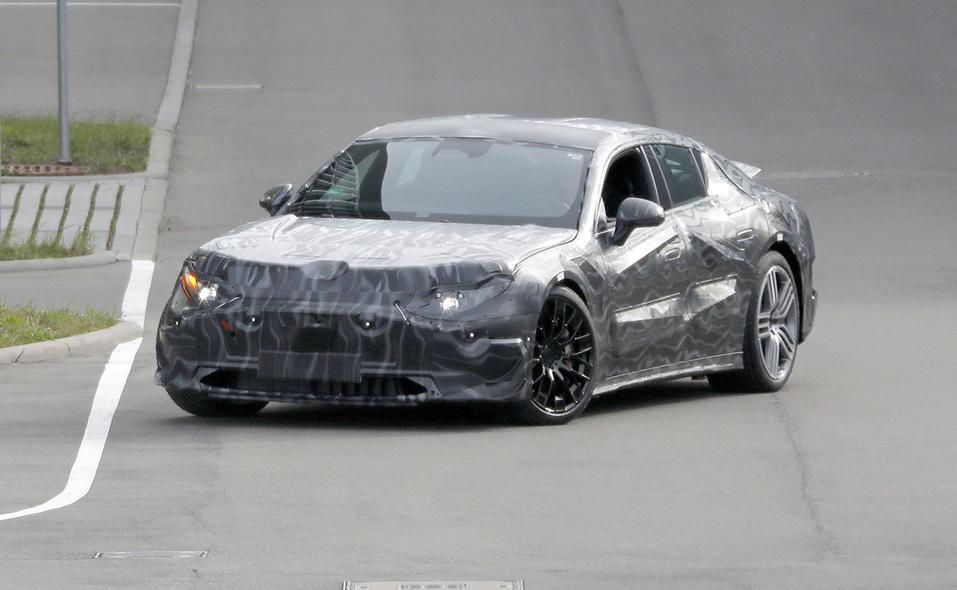Mercedes-Benz just achieved another milestone in road safety, as it already rolled out over 10 million vehicles with advanced pedestrian emergency braking system in just a decade. This technology, known as Active Brake Assist, comes standard in all passenger cars of the automaker, contributing to its commitment to enhancing road safety globally.
Cutting-Edge Safety Technology
Active Brake Assist is a pioneering driving assistance system designed to minimize collision risks with vehicles, pedestrians, and cyclists. The system issues visual and acoustic warnings of potential collisions, providing critical support to the driver.
If the driver’s response is insufficient, the system autonomously engages emergency braking, a feature proven to significantly reduce accidents involving pedestrians and cyclists.
Continuous Innovation for Enhanced Safety
Mercedes-Benz has been at the forefront of safety innovation, introducing the Brake Assist System (BAS) in 1996. Over the years, the technology evolved, incorporating radar systems and autonomous partial braking.
The crucial pedestrian detection feature was integrated in 2013, with the pedestrian emergency braking system becoming standard in the E-Class (W213) in 2016. Since 2021, all new models of the marque came equipped with Active Brake Assist, surpassing legal requirements.
Global Impact on Pedestrian Safety
Pedestrians, considered vulnerable road users, face a disproportionate risk in road accidents. Recognizing this, Mercedes-Benz’s commitment to pedestrian safety is underscored by the integration of advanced sensors and artificial intelligence in future assistance systems.
A study by the American Insurance Institute for Highway Safety reveals a 27% lower rate of pedestrian accidents in vehicles equipped with pedestrian emergency braking systems, emphasizing the tangible impact of such innovations.
Real-Life Safety Philosophy
The safety philosophy of Mercedes-Benz, “Real-Life Safety,” focuses on creating vehicles that excel not only in controlled crash-test scenarios but also in real-world accidents. With a vision to achieve zero accidents involving their vehicles by 2050, the company conducts extensive accident research spanning over five decades.
This commitment goes beyond protecting vehicle occupants, extending to the safety of all road users. Mandatory installation of city emergency brake assist systems in the EU from July 2022 reflects Mercedes-Benz’s proactive approach to surpassing regulatory standards.





























